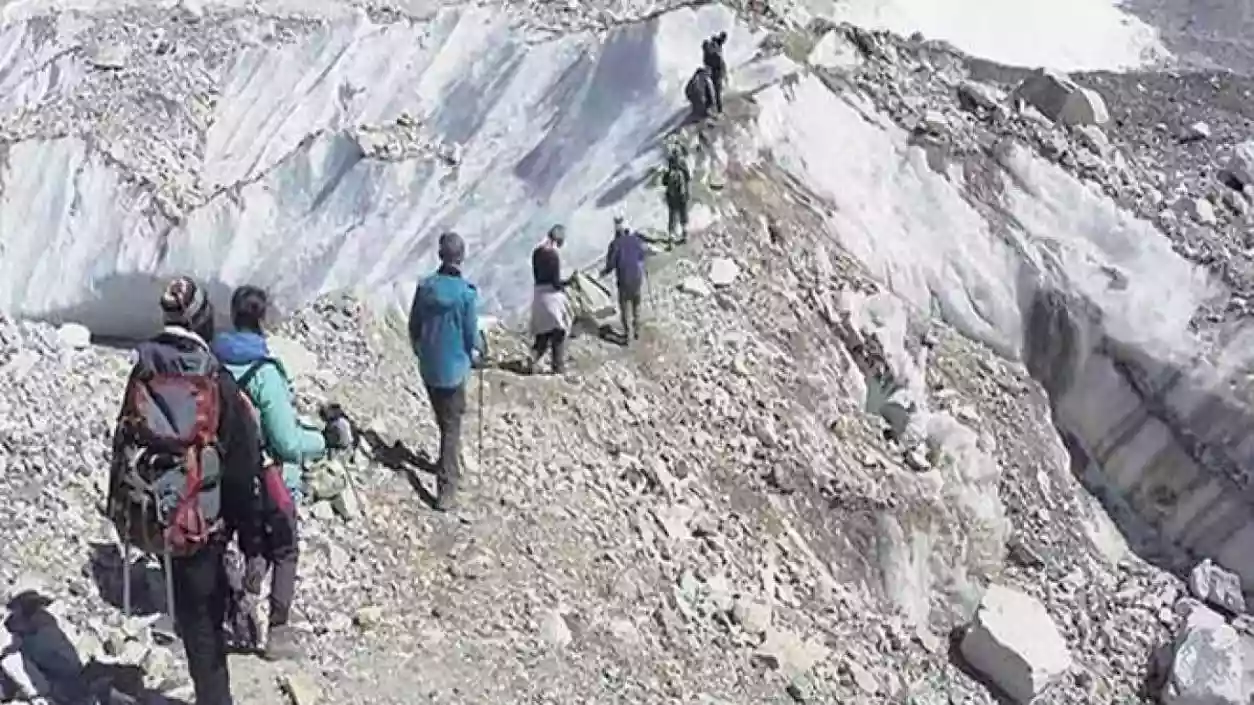.gif)
.gif)

India and China have agreed to resume the Kailash Mansarovar Yatra in the summer of 2025, after a hiatus of over four years due to the Covid-19 pandemic and deteriorating relations between the two countries. The pilgrimage, which includes visits to Mount Kailash and Mansarovar Lake in Tibet, was suspended in 2020. The decision to restart the yatra is part of broader efforts to stabilize and rebuild bilateral ties, with both nations focusing on people-centric initiatives.
The announcement came after a two-day Foreign Secretary-level meeting between India and China in Beijing. The meeting, part of the India-China Foreign Secretary-Vice Foreign Minister mechanism, was led by Foreign Secretary Vikram Misri. The discussions included a review of the state of India-China relations, especially in the context of the strained period following the Galwan Valley clash in 2020. Both sides agreed to take steps aimed at improving diplomatic and people-to-people relations, with the yatra resumption as a significant gesture in this direction. The specific modalities of the yatra, including the routes, visa arrangements, and health protocols, will be determined through further technical discussions between the two governments.
Alongside the yatra, the two countries also agreed in principle to resume direct flights between India and China, which had been suspended due to the border tensions and the pandemic. The relevant aviation and technical authorities from both sides are expected to meet soon to negotiate the terms for the resumption of air services, including the establishment of a new framework to facilitate direct flights. This move is expected to enhance connectivity, business exchanges, and tourism between the two nations, which have faced a significant reduction in bilateral air travel since the suspension.
Another key outcome of the meeting was an agreement to resume cooperation on trans-border rivers, specifically the sharing of hydrological data. China had suspended the sharing of river data with India following the border tensions. The provision of hydrological data, essential for managing shared rivers like the Brahmaputra and Sutlej, will resume, and the two sides will convene an early meeting of the India-China Expert Level Mechanism to work out the details of this cooperation. This step will also cover other water resource-related issues, including flood forecasting and management.
Foreign Secretary Vikram Misri also met with senior Chinese leaders during his visit, including Wang Yi, Member of the Politburo and Director of the Office of the Central Commission for Foreign Affairs, and Liu Jianchao, Minister of the International Department of the Communist Party of China. These discussions were part of the ongoing efforts to rebuild trust and foster a positive and cooperative relationship. Both sides expressed a commitment to enhancing bilateral exchanges and addressing issues of mutual interest, including regional security and global economic cooperation.
The resumption of the Kailash Mansarovar Yatra and direct air services, along with renewed cooperation on hydrological data-sharing, highlights the ongoing recalibration of India-China relations after a period of tension. While these developments represent steps forward, both nations remain focused on furthering engagement on multiple fronts, including trade, infrastructure, and regional stability, to ensure the continued improvement of bilateral ties.